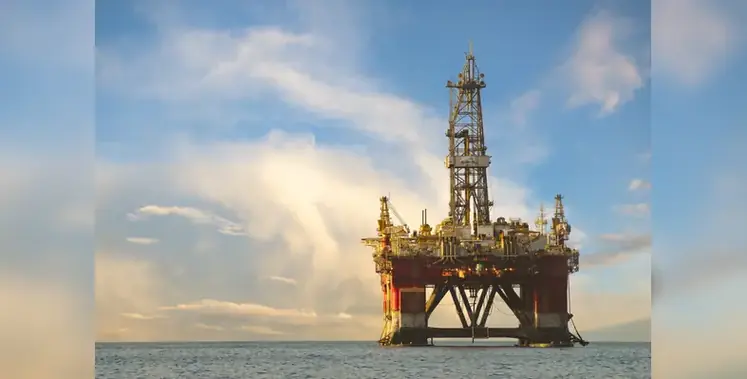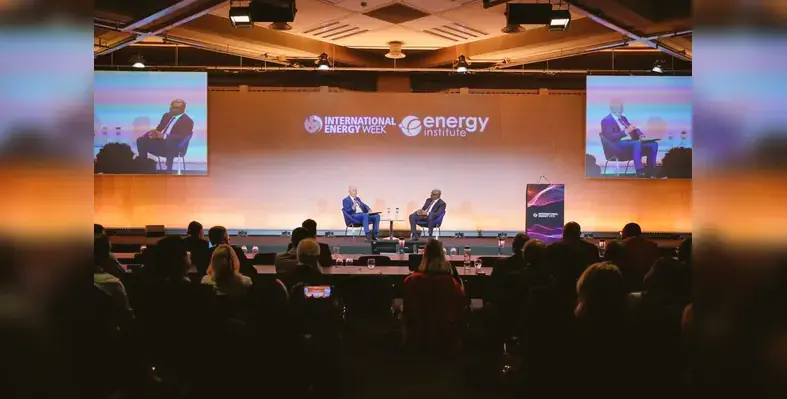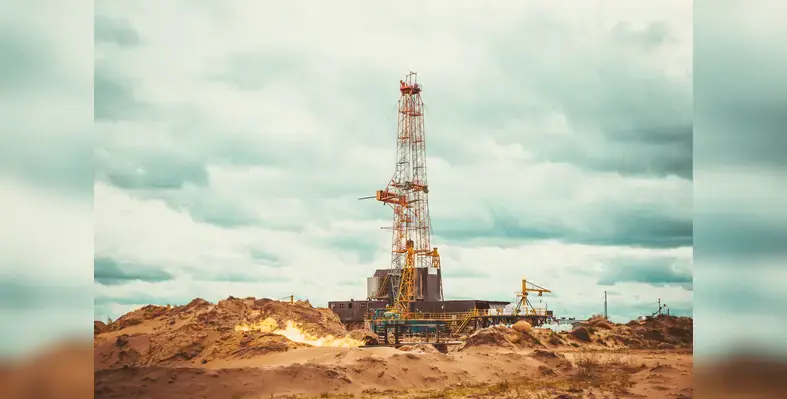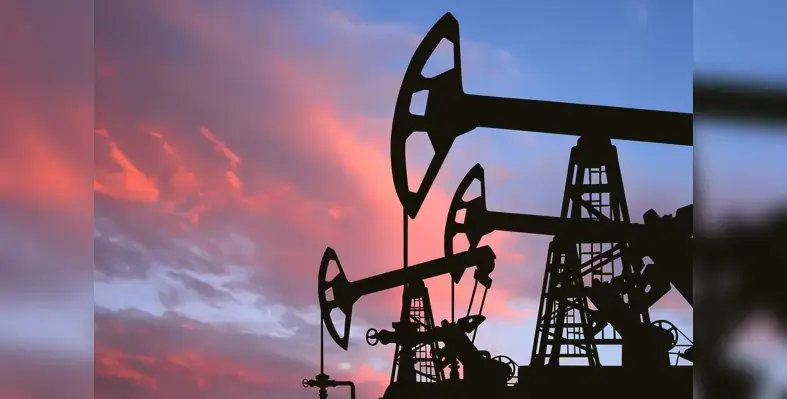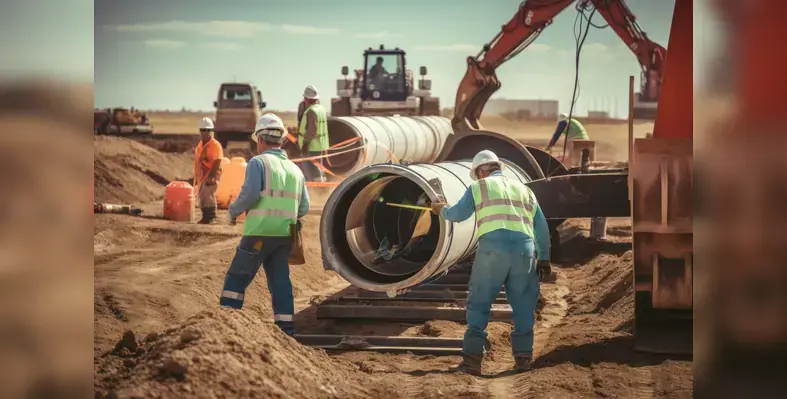Angolan National Agency of Petroleum, Gas and Biofuels together with Azule Energy (36.84%, Operator), and its partners SSI Fifteen Limited (26.32%) and Sonangol E&P (36.84%), have made a discovery in the Algaita‑01 exploration well, located in Block 15/06 in the offshore Lower Congo Basin, Angola
Spudded a month back in a water depth of 667 metres, approximately 18km from Olombendo FPSO, encountered oil bearing sandstones within Upper Miocene reservoir intervals.
Drilling operations were followed by advanced formation evaluation logs to assess reservoir quality and fluid characteristics. Preliminary interpretation of wireline logging and fluid sampling indicates the presence of multiple reservoir intervals with excellent petrophysical properties and fluid mobilities.
Initial estimates indicate a discovered oil in place of approximately 500 million barrels.
“The Algaita-01 results build on a long successful track record of 22 discoveries, once again confirming the exceptional effectiveness of the petroleum system in Block 15/06. The presence of multiple nearby producing facilities further enhances the value of this new exploratory success. We are proud to deliver another significant result together with our partners and to continue creating opportunities for further growth” Joe Murphy, CEO of Azule Energy, commented.
“The discovery of the Algaita-01 well, in Block 15/06, reaffirms the high potential of the Lower Congo Basin and the consistency of the ongoing exploration strategy, creating favorable conditions for swift monetisation, with positive impacts on national production and State revenues. The ANPG encourages the continued identification of new opportunities under the existing incentive mechanisms, particularly Decree 8/24 on Incremental Production, as well as Decree 5/18, which establishes the legal framework that allows exploration within and near development areas,” Paulino Jerónimo, chairman and CEO of ANPG.







